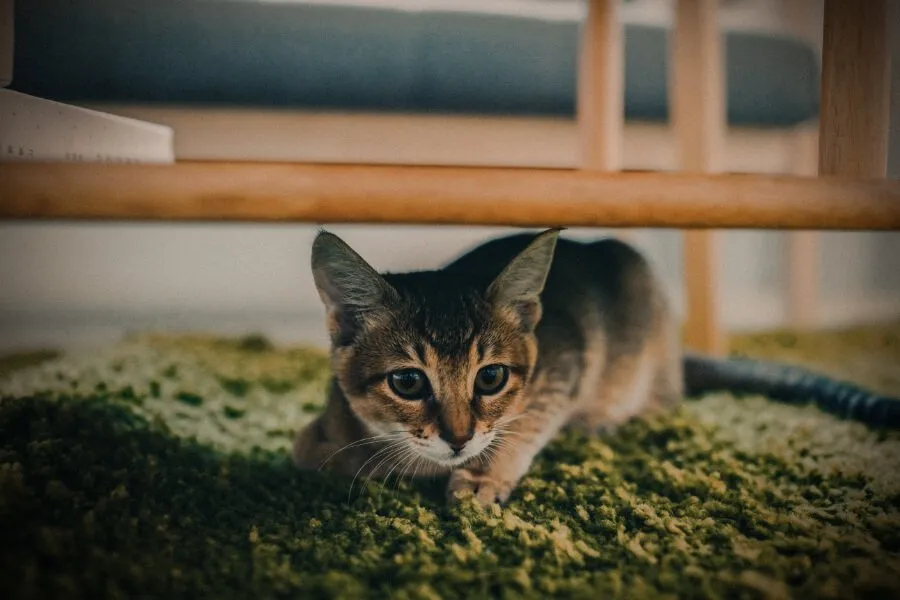Exploring Unique Options for Eco-Friendly Cat Litter Alternatives
Exploring Alternative Cat Litter Options
As any cat owner knows, choosing the right litter is essential for maintaining a clean home and ensuring the comfort of your feline friend. Traditional clay litter has long been the go-to choice for many; however, growing concerns about environmental impact, health issues, and convenience have led many pet owners to explore alternative cat litter options. This article delves into various alternative cat litters available today, highlighting their benefits and drawbacks.
1. Natural and Biodegradable Litters
One of the most popular categories of alternative cat litters is natural, biodegradable options made from materials such as corn, wheat, or recycled paper. These litters are typically free from harmful chemicals and are more environmentally friendly compared to their clay counterparts.
Corn-based litter is made from whole-kernel corn, which is not only absorbent but also clumps easily for easy cleaning. Cornlitters can neutralize odors effectively and are safe for cats if ingested—important for the curious feline. However, corn litter can attract insects like flour moths if not stored properly.
Wheat-based litter operates on a similar principle, with the added benefit of being naturally clumping, which simplifies cleanup. Wheat’s natural enzymes can help eliminate odors. However, some cats may develop allergies to wheat, making it essential to monitor your pet’s reaction when switching to this type of litter.
Recycled paper litter is another excellent alternative, made from processed paper products. This litter is highly absorbent and dust-free, making it a suitable choice for cats with respiratory issues. Its soft texture is also gentle on cats' paws. However, it may not clump as well as other types, potentially making cleanup a bit more challenging.
Wood-based cat litters are often made from sawdust or wood pellets. They are an eco-friendly option that offers a unique approach to odor control through natural pine or cedar smells. Many cat owners appreciate their ability to absorb moisture without creating a mess.
Pine litter, commonly found in pellet form, breaks down into sawdust when wet, allowing for easy cleanup. It has a pleasant aroma that helps mask odors. However, some cats may be sensitive to the strong pine scent, and there is a possibility of splintering if pellets are crushed.
alternative cat litter

Cedar litter, similar to pine, has natural insect-repelling properties and a distinctive scent that many pet owners find appealing. However, cedar can also cause respiratory issues in sensitive cats, so it’s essential to monitor their health closely.
3. Grass and Coconut Husk Litters
While less common, grass and coconut husk litters are innovative alternatives that have gained traction among eco-conscious cat owners.
Grass litter is made from grass seed and is lightweight and clumping, making it easy to dispose of. It has a natural scent that many cats seem to enjoy. However, because it is relatively new to the market, it can sometimes be challenging to find.
Coconut husk litter is made from the byproduct of coconut processing. It has excellent absorbent qualities and clumps well. Plus, it's composed of renewable materials, making it a sustainable choice. However, it can be pricier than traditional litters and may not be readily available in all areas.
4. Benefits and Drawbacks of Alternative Litters
While alternative cat litters present several benefits, there are drawbacks to consider as well. Many of these options tend to be more expensive than standard clay litter. Additionally, availability can be an issue. Purchasing in bulk can help mitigate costs, but not all alternative litters are easy to find at local retailers.
It's also vital to transition your cat to a new litter gradually. Cats can be sensitive to changes in their environment, and a sudden switch could result in litter box avoidance, which can lead to behavioral issues.
Conclusion
As awareness of environmental issues and pet health continues to grow, alternative cat litters are becoming increasingly popular among pet owners. With each option offering distinct benefits and unique challenges, it’s crucial to consider your cat’s preferences and your own values when selecting litter. The right choice can lead to a happier cat and a more sustainable lifestyle for you and your furry companion. Whether you opt for natural, biodegradable options, wood-based solutions, or something entirely different, thoughtful consideration will undoubtedly pay off in the long run.







